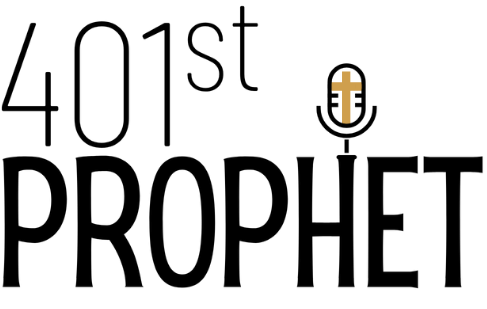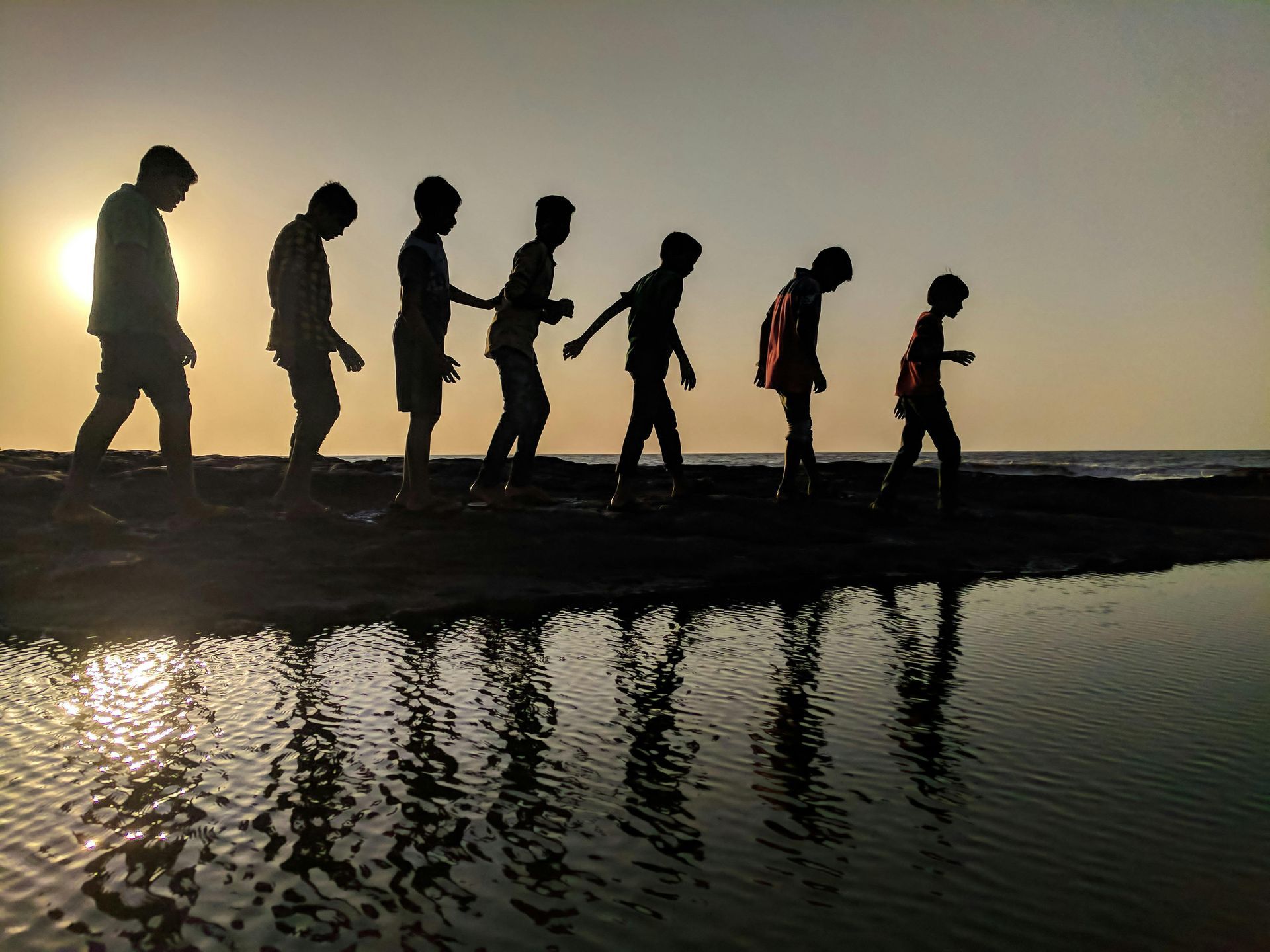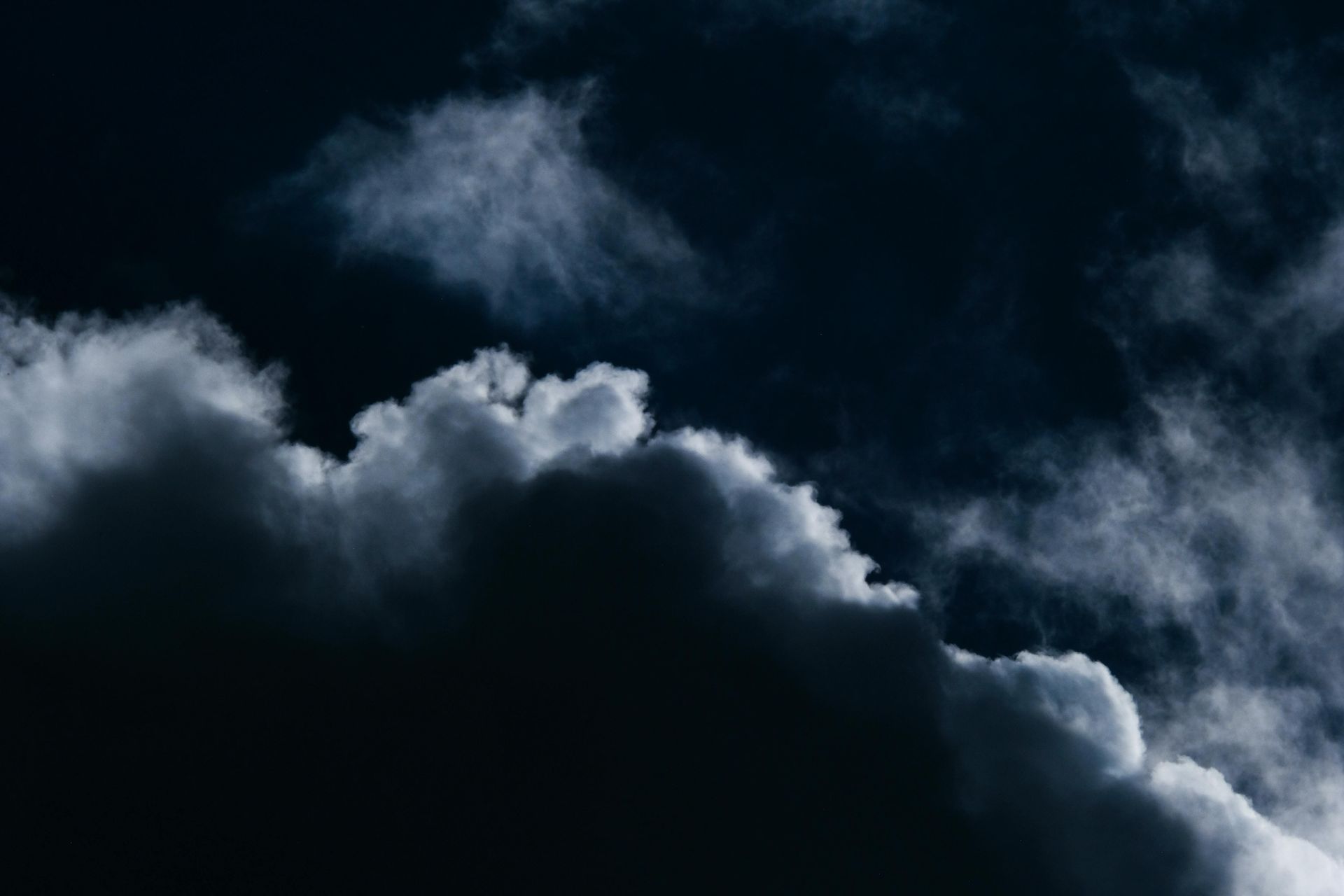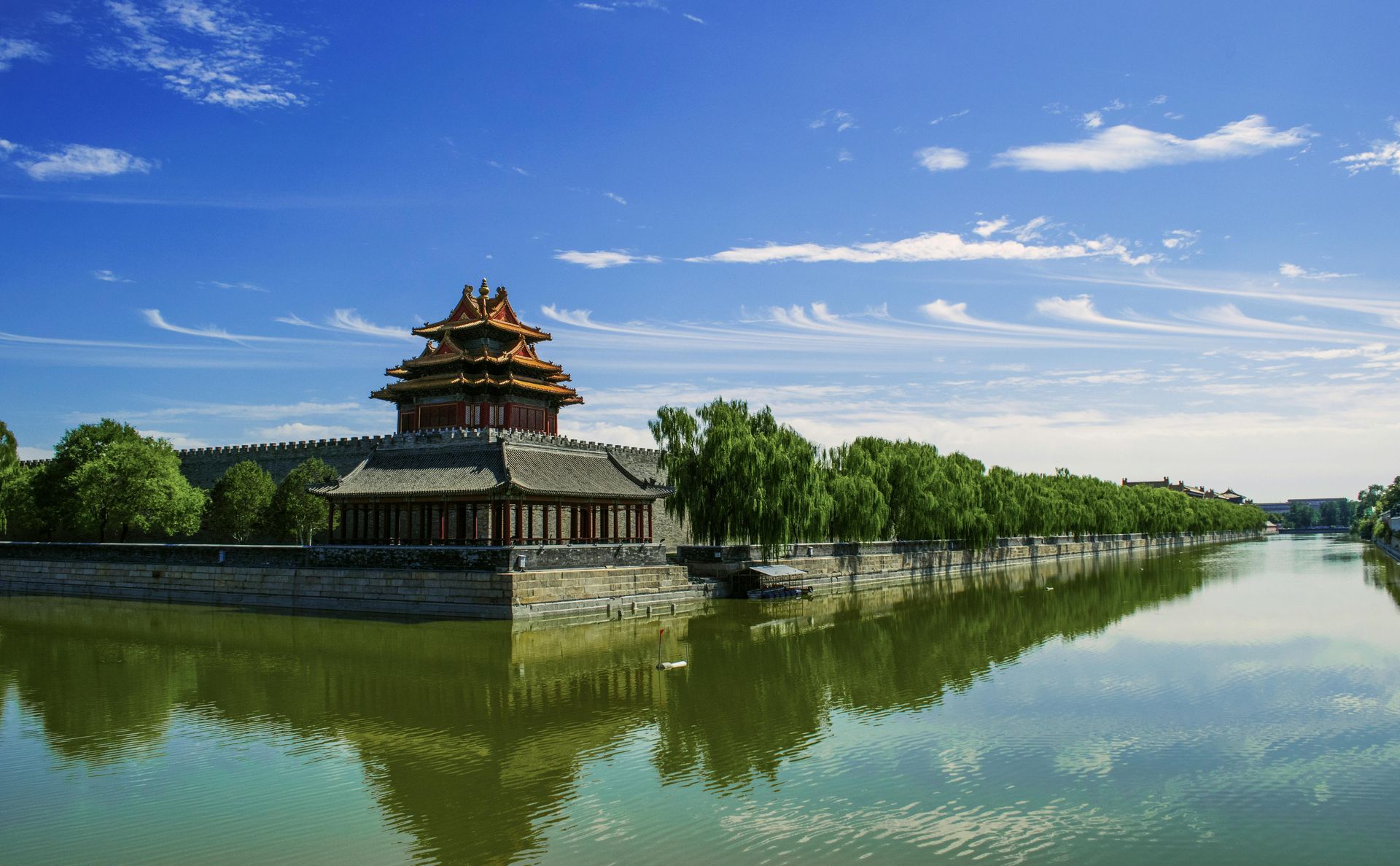An Age of Revolutionary Discoveries: Dominion Part 8
The Protestant Revolution Was the Beginning of a New Era in World History
The Protestant Reformation was followed by a transformation of the world. It was soon followed by a revolution in scientific thinking. It was also accompanied by the discovery of a brand new world—the western hemisphere.
Holland entitles Chapter 14: Cosmos; A.D. 1620, Leiden
“One day after the battle of White Mountain [the first of many terrible battles of the Thirty Year’s War] a ship name the Mayflower arrived…in the northern reaches of the New World.” The American revolution had begun. And make no mistake about it, that’s how the Pilgrims and Puritans saw it. “Their gaze, for all they had settled on the margins of what seemed an immense and unexplored wilderness, was fixed on the entire expanse of the globe.” They sought to reach all mankind even preaching to the native populations and translating the Bible into their languages.
This was the era of Bartolomeo de las Casas, the great defender of the native. Preaching the Christian doctrine of the sanctity of all life, las Casas declared that all human beings, pagan or not, had been endowed by God with the spark of reason. “Every mortal—Christian or not—had rights that derived from God…las Casas called them ‘human rights.’”
On the other side of the globe another revolution was unfolding. Jesuit missionaries had arrived in Beijing. The Chinese considered the study of the heavens of great importance for the necessary ordering of things but the Jesuits brought with them a superior understanding of the stars and how their path could be predicted. The Jesuits were better at predicting things like eclipses and it became clear to the Chinese it was because of the Jesuit’s religious assumptions—and their view of the universe: “That it had a beginning and would have an end. That it’s workings were ordered by divinely authored laws; that the God who had fashioned it was a geometer.” To be a Jesuit was to “know that God’s purposes were revealed through the free and untrammeled study of natural philosophy…to take that path was the very essence of being a Christian.”
Holland devotes several pages to the controversy over Galileo. The battle is complicated and a true understanding of it does not serve Andrew White’s propaganda piece on the war of Christianity on science. The battle was really over Aristotle and to what extent Christian theologians should defend his cosmology. In the end, the heliocentric universe, won out through the efforts of many Christian scholars not just Galileo. And Galileo foresaw a future of increased scientific understanding. But make no mistake, all those going forward into solving the great scientific mysteries had one constant: “They all had their origins in Christendom.”
Holland entitles Chapter 15: Spirit; A.D. 1649: St. George’s Hill
This begins the third section of Holland’s book, entitled, “Modernitas.” The beginning of the Modern world. What Christianity had unleashed was a never-ending spirit of reformation, even revolution. Society could always be improved, if not perfected. And the reforming instinct has been carried into the modern world and inspired a host of reform movements. Many of them would call themselves “secular” but they are heirs of the Christian spirit of reform which can be traced at least to the eleventh century.
Christian society now had two very distinct meanings of the word “religion.” On the one hand true religion governed society, informed culture, and was to be required of all men. On the other hand, religion was deeply personal, buried deeply within the human heart. The need for an outward display of fealty to the religion of the state was a necessity. But the society also had to allow for the liberty of the individual spirit. “Religion was also something intimate, personal.” The tension was to be permanent in western society. “Between the demands of those who believed there was only the one true religion, and those who believed that God wished all to practice their religion freely, there could be no easy reconciliation.” In short, secularism is a creation of Christianity.
The conclusion of the Thirty Years War had sought a peace that would establish a “proper Christian order” but also an end to the bloodshed. The English Revolution, led by the Lord Protector Oliver Cromwell, had sought the same. Cromwell had sought a “tradeoff…between the yearning of the Presbyterians for a purified commonwealth, and the demands of radicals for an absolute liberty of religion.”
One of the difficult decisions was what to do with the Jews. They had been officially banned as early as 1290 but still settled in England. Cromwell gave them the de facto right to be a part of British society. The Quakers were another group that had to be accounted for. They were radical in those days; “Women were particularly active.” One of the greatest advocates for freedom of conscience was Baruch Spinoza. A Dutch Jew he invoked John Calvin, arguing that true obedience to God “should be grounded in liberty…Spinoza, when he pushed the case for toleration, was participating in a debate that had always been fundamental to Protestantism.” Spinoza’s theology was heterodox—he did not believe in God in the traditional way—his views were nonetheless “utterly saturated in Protestant assumptions.”
Holland devotes the last section of this chapter to the remarkable story of Benjamin Lay who epitomizes the spirit of reform and revolution brought by Christianity. Lay was a Quaker. He and his wife were hunchbacks; “both were barely four feet tall.” First in the Caribbean and then in Philadelphia they waged a tireless war against slavery. “As in the time of Gregory of Nyssa, so in the time of the Lays: slavery was regarded by the overwhelming majority of Christians as being—much like poverty or war or sickness—as a brutal fact of life.” However, the Lays were of a different mind. Even William Penn, the greatest Quaker of them all, had argued while writing in prison that “that all of humanity had been created equally in God’s image.” Penn’s theological argument notwithstanding, Quakers in Pennsylvania had owned slaves and Lay preached against the practice incessantly. He became such a bother he was banned from their congregational meetings. But in the end Lay was victorious. On his deathbed he learned that the Quakers had banned the practice of slavery.
We now see the spread of Christian culture around the world. It is becoming the dominating force in the history of mankind. That’s what it is today.
In future videos we watch the increasing power of this greatest of cultural forces.










